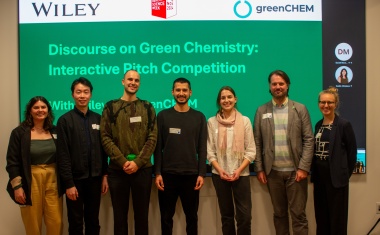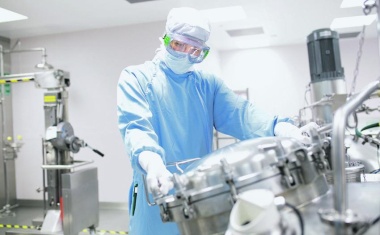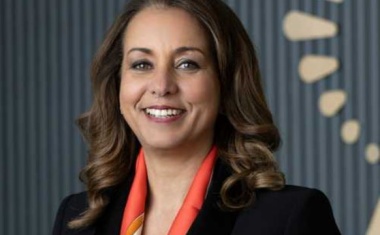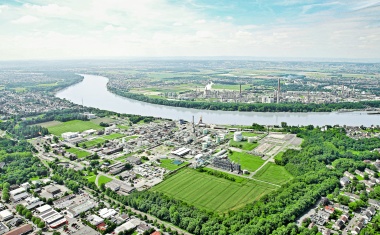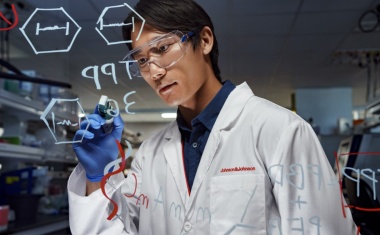Under the agreement with the British oil giant, the Swiss-headquartered chemical producer will pay $400 million upfront and a further $3.6 billion on completion. An additional $1 billion will be deferred and paid in three separate installments of $100 million in March, April and May 2021 with the remaining $700 million to be paid by the end of June 2021.
Subject to regulatory and other approvals, the transaction is expected to complete by the end of 2020.
Ineos is picking up BP assets focused on aromatics and acetyls and based at 15 sites s in Asia, Europe and the US. In 2019, the facilities produced 9.7 million tonnes of petrochemicals. The highly integrated petrochemicals assets at Gelsenkirchen and Mülheim, Germany, are aligned with BP’s Gelsenkirchen refinery and are not included in the sale.
BP’s aromatics business regards itself as a global leader in purified terephthalic acid (PTA), a key feedstock for polyester, and its precursor paraxylene (PX). The business’s largest manufacturing plants are in China, the US and Belgium, and it licenses its leading PTA production technology to producers worldwide.
The British group’s acetyls business produces acetic acid and derivatives such as acetic anhydride. It has a diverse base with plants in the US, the UK, China, Korea, Taiwan and Malaysia. The sale will also include related interests such as the chemical recycling technology BP Infinia and the UK player’s interest in acetylated wood developer Tricoya.
Altogether 1,700 employees will transfer to the new owner. BP earlier this month announced plans to slash staffing by 10,000 positions as part of a move aimed at saving £1.9 billion in costs over the course of 2020.

With the sell-offs, the value of BP’s disposals and divestments for 2019 and 2020 will total $15 billion. In June alone, the group wrote down assets worth $17.5 billion (£14 billion), citing reduced demand caused by the coronavirus and the drive to reduce carbon emissions.
BP chief Bernard Looney, who took over in February this year, has made it his mission to reposition the oil group as a clean energy player. He called the pact with Ineos “another significant step as we steadily work to reinvent BP.”
The CEO said the businesses transferring to Ineos are “leaders in their sectors, with world-class technologies, plants and people. “Having improved performance to produce highly competitive returns, they now have the potential for growth and expansion into the circular economy,” he remarked.
"Strategically,” Looney said, “the overlap with the rest of BP is limited and it would take considerable capital for us to grow the businesses. Working toward a more focused, more integrated BP, we have other opportunities that are more aligned with our future direction,”
The group said in February it would reorganize its business to achieve net zero emissions by 2050 or sooner.
Chief financial officer, Brian Gilvary, who led the negotiations with Ineos, said that, with the asset transfer deal, the erstwhile fossil fuels stalwart has met its $15 billion target for agreed divestments a full year ahead of schedule.
In a sense, Ineos is returning to and building on its roots, which it grafted onto BP stock. Majority owner Jim Ratcliffe’s largely debt-financed 2005 acquisition of the oil major’s assets in Belgium and the UK worth $9 billion – including the mammoth Grangemouth site in Scotland – formed the nucleus of today’s multi-billion dollar petrochemicals empire.
In 2017, Ineos bought out BP’s interest in the Forties Pipeline (FPS) that transports 575,000 bbl/d of oil from the UK’s first major offshore oil field –built by the oil and petrochemicals multinational and opened in 1975 – to the UK mainland.
Ratcliffe called the latest asset purchase “a logical development of our existing petrochemicals business extending our interest in acetyls and adding a world leading aromatics business supporting the global polyester industry.” The polyolefins group has been absent from the polyester sector up to now.
Ineos director Tom Crotty told the Bloomberg news agency that the acquisition will be debt-financed through subsidiaries Ineos Styrolution and Innovene.
The chemical group has 22,000 employees at more than 180 sites in 26 countries.




